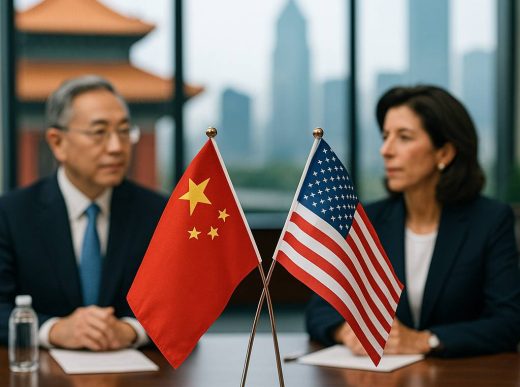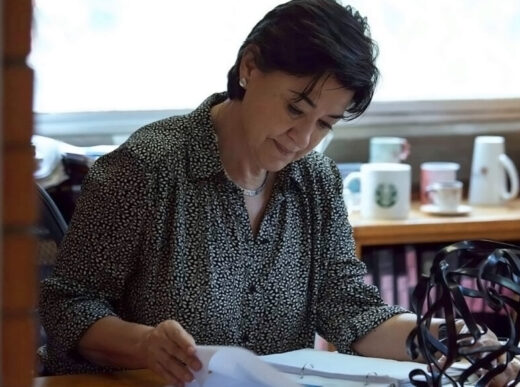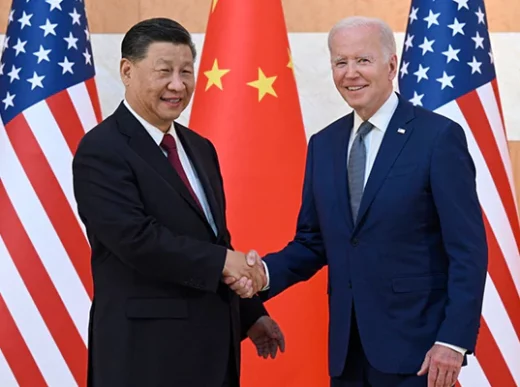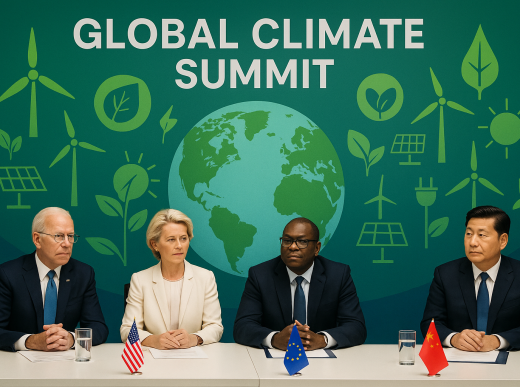Oil and gas investment And Improves Its Oil & Gas Investment Laws”>investment is on the rise. Oil will rise back above $100 a barrel this year and may face a serious supply problem in 2024 as spare production capacity is depleted, posits Goldman Sachs Group Inc. With sanctions likely to cause Russian oil exports to drop significantly and Chinese demand expected to recover as the country ends its Covid Zero policy, prices are expected to rise above $100 from their current level of around $80, explains Goldman.

The West’s five largest oil companies raked in combined profits of nearly $200 billion in 2022, intensifying calls for governments to impose tougher windfall taxes. French oil giant TotalEnergies on just reported full-year profit of $36.2 billion, doubling last year’s total, as fossil fuel prices soared following Russia’s full-scale invasion of Ukraine. The results see TotalEnergies join supermajors Exxon Mobil, Chevron, BP and Shell in recording a massive upswing in annual profits, after Exxon’s 2022 haul of $56 billion marked a historic high for the Western oil industry. Altogether, the five Big Oil companies reported combined profits of $196.3billion last year, more than the economic output of most countries. The Tengiz field is operated by the Tengizchevroil, a consortium led by U.S. oil group Chevron. It also includes the U.S. Exxon Mobil, Russia’s LUKOIL and Kazakhstan’s state energy firm KazMunayGaz. The Kashagan field is operated by an international consortium led by the North Caspian Operating Company. Other partners include Eni, Exxon Mobil, CNPC, Royal Dutch Shell, Total, Inpex and KazMunayGaz. The Karachaganak gas condensate field in northwest Kazakhstan is jointly operated by Eni and Shell. Other shareholders in the project are KazMunayGaz, Chevron and LUKOIL.

Bursting with capital, the oil and gas giants have used their earnings to reward shareholders with higher dividends and share buybacks. In light of the run up on oil and gas, Kazakhstan once again emerges as a major global player in oil and gas.
Kazakhstan (officially the Republic of Kazakhstan) is a country in Central Asia. It is bounded on the northwest and north by Russia and on the east by China, and on the south by Kyrgyztan, Turkmenistan, with the Caspian Sea on its southwest.
“3 billion last year, more than the economic output of most countries.”
Kazakhstan is the largest country in Central Asia and the ninth largest in the world. In 1993 Kazakhstan finalized a contract with the Chevron Corporation to exploit the reserves of the Tengiz oil field, one of the world’s largest. In the mid-1990s agreements also were sought with foreign investors for the development of oil and natural gas from the Tengiz, Zhusan, Temir, and Kasashyganak wells. The profitability of such ventures rested principally on the establishment of new pipelines.
Over the last 25 years more than US$121.6 billion of investments, were allocated for the development of the oil and gas sector in Kazakhstan. The secularly oriented (but Muslim) former Soviet country is a natural resource behemoth that is not well understood by Western observers. According to the Geology Committee Chair of the Kazakh Ministry of Ecology, Geology and Natural Resources Talgat Satiyev, oil and gas investments in Kazakhstan are on the rise. The sparsely populated, resource-rich Asian nation has managed to maintain good relations with not only its neighbors, but U.S., China, and even Russia – despite the fact that its new pro-western President, Kassym-Jomart Tokayev, openly condemned the Russian invasion of Ukraine. Satiyev pointed out that more than 4,000 deposits have been transferred to subsoil use and therefore, bring substantial income to Kazakhstan. The largest investments are directed to priority types of minerals, such as oil, copper, gold, iron, uranium, and coal.

Recently, major oil and gas operators Karachaganak Petroleum Operating B.V., Tengizchevroil, and North Caspian Operating Company N.V. created the International Center for the Development of Oil and Gas Engineering (IMB Center). With the support of Chevron, Total, and ExxonMobil, the IMB Center began its work in April 2021.
“Oil and gas investment And Improves Its Oil & Gas Investment Laws”>investment is on the rise.”
Foreign oil companies in Kazakhstan have included Chevron, ExxonMobile, British Gas (BG), Royal Dutch Shell, Lukoil of Russia, Total of France, China National Petroleum Corporation (NPC), Conoco Phillips, Statoil of Norway, ENI SpA of Italy, and Inpex of Japan.
Kazakhstan three major oil fields are being developed with a great deal of foreign investment. Tengiz (& Korolev) is being developed by Chevron, ExxonMobil, KazMunaiGaz and LukArco (Lukoil and BP). Kashagan is being developed by KazMunaiGaz, Eni, ExxonMobil, Shell, Total, CNPC and Inpex. Karachaganak is being developed by BG, Eni, Chevron, Lukoil, KazMunaiGaz. Medium-size oil companies involved in Kazakhstan have included Meridian, Nelson Resources. PetroKazakhstan (formally Hurrican) of Canada was a major player until it sold out for a major premium to a Chinese company. Among the international consortiums set up to develop a specific field or sector have been Karachaganak, Mangistaumunaygas, Aktobemunaygas and the joint-venture company Tenge.
Despite ongoing major oil and gas investment in the region, not all the major oil and gas concessions have been spoken for. Darby Energy, Inc. an independent, oil and gas investment company, has recently acquired a Kazakhstan based entity with a license to exploration and develop a major oil and gas concession. Mitch Ngo, Darby’s principal, pointed out that his team has been working on acquiring major concessions there for more than 15 years. Ngo is encouraged by actions taken by Kazakhstan’s new government and its pro-western stance. The bureaucracy that existed in the 1990s has given way to free market rules that are based on rule of law. This country is on a mission to eliminate corruption and accommodate foreign investors who are willing to commit to long term partnerships, he explains.
“The Tengiz field is operated by the Tengizchevroil, a consortium led by U.”
Ngo’s firm focuses on exploring for hydrocarbons in South Kazakhstan. Through its local subsidiaries, the U.S. based company plans to prospect and produce through concession licenses on territories that cover approximately 22,000 square kilometers in the Kizilordinskoy Regions.
The geological studies and initial exploratory drilling have proven the existence of substantial salt structures within the Concession. Limited seismic testing has already identified numerous bright spots in association with the salt structures. The Company intends to undertake further geological testing, conduct exploratory drilling. The areas sound infrastructure that includes, railway stations, pipelines and refineries, which are located a relatively short distance from the concession.

Kazakhstan adopted new investment mechanisms for energy projects in a move to give a impetus for the resource-rich country’s priority sector and ensure sustainable economic growth. President Tokayev instructed the government to introduce a package of fiscal reforms that include streamlined licensing and more legal protection and stability of investments with the provision of investment preferences. Kazakhstan produced 49.8 million tons of oil and gas condensate in the first half of 2022, in compliance with the country’s obligations under the OPEC+ deal. Kazakhstan will increase oil production to 1.491 million bpd, adding 16,000 barrels every month. Signaling an important direction milestone, Tokayev stated that the implementation of projects to expand the Tengiz, Kashagan and Karachaganak oil fields were priority tasks for his new government and industry participants.















